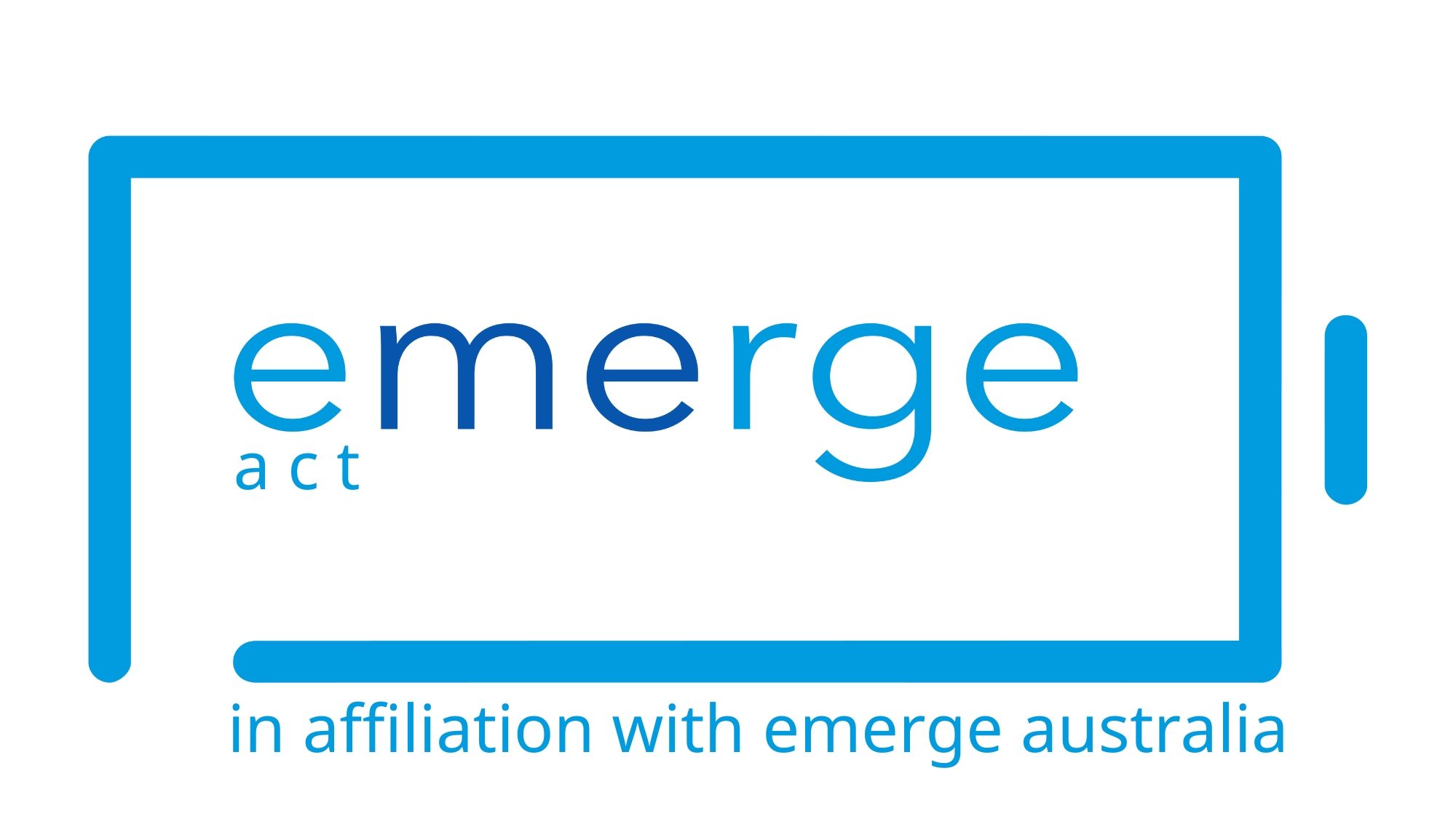Return to: Arthritis ACT or Pain Support ACT
Support
When should I ask for help?
- Whenever you feel you need help.
- When what you normally do to get through the day no longer helps.
Getting support when living with any chronic health condition(s) can be challenging. Time with health professionals is often limited and whilst these appointments may assist in providing information and treatment for your condition(s), they may not help you to cope with everyday life. People living with chronic health conditions often feel alone and isolated. Sharing with someone who understands your struggles/feelings/fears can be powerful. Often this support is found through support groups, disease specific groups or counsellors.
Where can I find Support?
- Organisations & Societies
- Social Media Support Groups
- Community Health Centres
- Helplines
- Clubs
- Websites
- Education Seminars
- Exercise Classes
What other Supports are available?
Many community, government and non-profit organisations offer services to people living with chronic conditions. These can be financial, mental health, disability, transport or general health services and support. Some of these are listed below.
Centrelink offers a variety of financial support for people, such as:
- Disability Support Pension
- Healthcare Card
- Carer’s payments
- Family Benefits
My Aged Care is the program responsible for Australian Government-funded aged care services. For people over 65 years of age who require help around the house or to look into aged care homes etc.
NDIS provides funding to eligible people with disability to gain more time with family and friends, greater independence, access to new skills, jobs, or volunteering in their community and an improved quality of life.
Communities at Work provide help with food, clothing and accommodation.
Beyond Blue (1300 224 636)
Lifeline (13 11 14)
Headspace (1800 650 890)
Carer’s ACT can connect you to other carers, provide advice and guidance, give you a break when you need it and offer services to make caring easier.
What are social media Support groups?
Groups that can be accessed anytime online or via apps.
Groups can be closed or private which means you need to ask to join and sometimes require you to answer questions to become a member. Only members can see the posts and who is in the group.
Many organisations have their own social media support groups (i.e. Arthritis ACT has the Young Women’s Autoimmune Friendship Group on Facebook, Juvenile Arthritis Foundation of Australia has KidsConnect).
Things to remember:
- Avoid negative groups, bullying behaviour
- Only give out information you are happy to share
- Be aware of misinformation and scams
- Ask questions (often group members are happy to share ideas)
- Manage your time and limit online activity
What are face to face Support groups?
Generally, these are groups where people with similar conditions or interests get together to share their experiences. Sometimes these groups meet via ‘zoom’ or other online platforms. Each group decides whether they have a formal or informal setting and format to the group. Many organisations have groups that meet regularly and can be found by going to their websites.
What Support services does Arthritis, Pain Support & Emerge ACT offer?
Face to Face, online (zoom) and social media support groups are offered. We recognise that support outside of specialist appointments/health services is important and provides people with the ability to share and learn from others experiencing similar challenges.
Some of the groups offered to our members are:
- Knitting Group
- Rheumatoid Arthritis/Sjogren’s Support Group
- Lounging Lizards (Discord)
- Young Women’s Autoimmune Friendship Group (Facebook)
For a full list refer to the Support Groups Flyer. Please note that we encourage members to share and learn from each other and our staff during our exercise classes or education sessions. Alternatively, people can reach out to us via [email protected]


